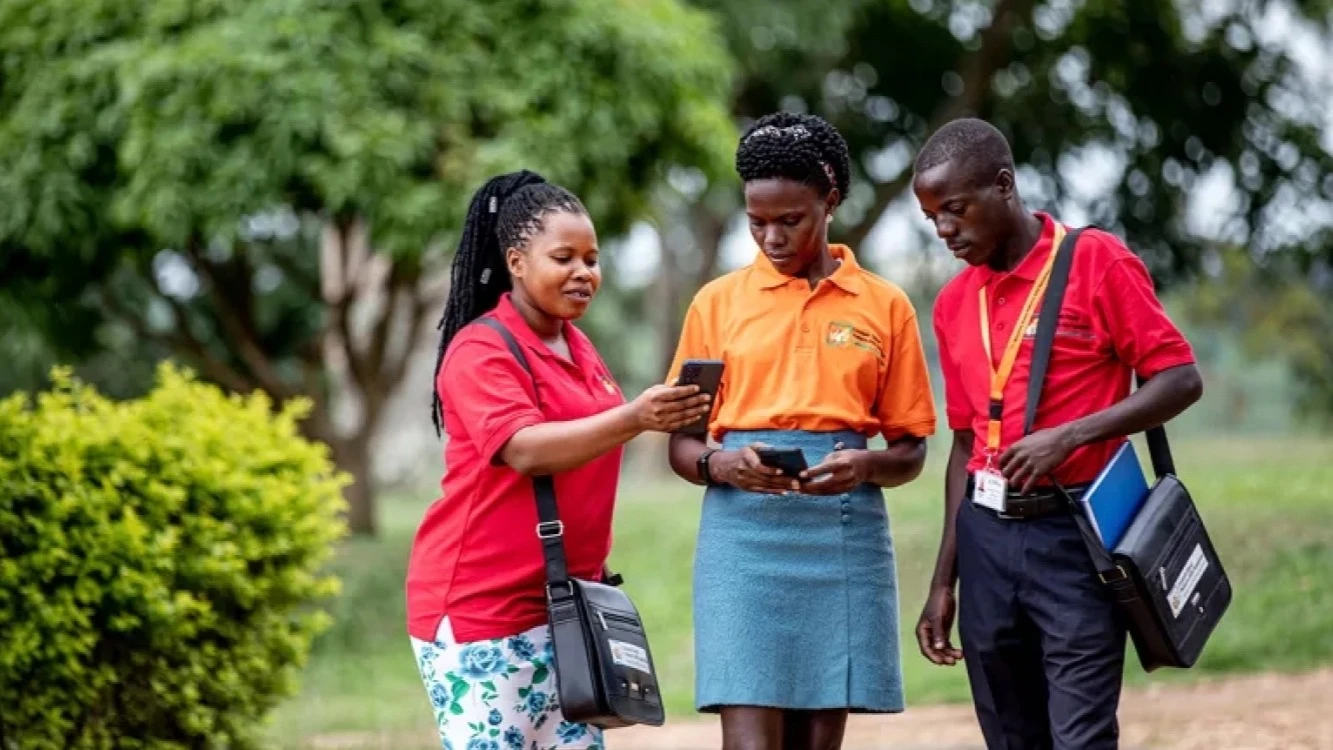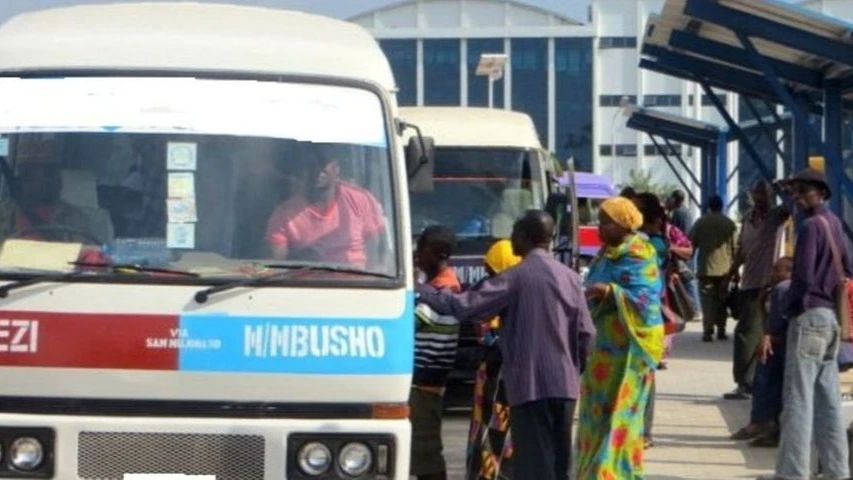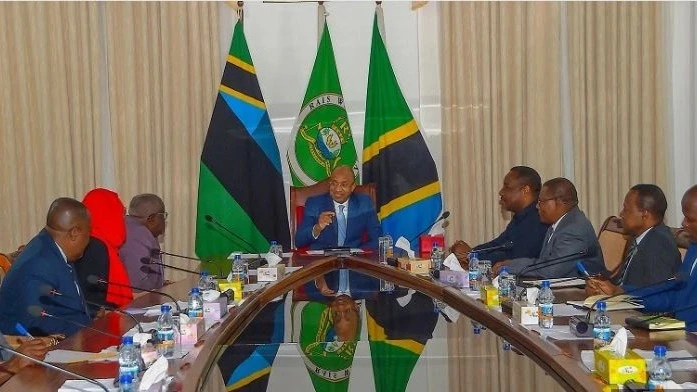Ownership of land for our youth fine idea and pivotal issue but…

AN activist organisation known as Youth Initiative for Land in Africa (YILAA) outlined its vision and mission at a recent conference held in Arusha city.
It said it had set out to conduct extensive research on land issues as relates to young people across the continent, the event being the fourth international youth and land governance conference in Africa.
Linking the youth and land governance in a way relates to a ‘paradigm’ that land ownership or access to land is the first or basic requirement in the fight against poverty, countering rural-urban migration as well.
Whether this kind of formulation is warranted for activists based in Africa, owing to their social experience is one thing. However, for their leagues of supporters from Europe and North America that conception may not have similar magnitude or relevance.
The United States leads the world in agricultural output and provides over 25 per cent of food aid donated around the world annually, itself reflecting its position as guarantor of at least 25 per cent of UN financing. Yet the number of Americans living on the land by practising agriculture or livestock rearing (as fishing is large scale) is abysmally low.
A current online entry says that farm and ranch families are less than 2 per cent of the US population, while total US corn yield has risen by more than 360 per cent since 1950.
Just over one-tenth disposable income Americans spend on food each year is split fairly evenly between food eaten at home and dining out, takeout or delivery.
Put together, neither the future of the youth nor that of agriculture can be linked with the portion of youth with access to land. Implicitly, unemployment isn’t due to low land access but to low gross productivity.
So the activists working to ensure access of land for the youth under a well-supported local project might be pursuing a well-meaning initiative but scarcely aiming for the right answers to the problem.
The initiative is supported by the International Land Coalition, the Global Land Alliance, the African Union (AU), the German Agency for International Development (GIZ) as well as the FIG Young Surveyors Network, itself linked with the Council of European Geodetic Surveyors,
According to a media briefing on the conference, the intended research is primarily meant to find out how much the youth know where to secure land of their own, with stakeholders battling for the rights of youths to possess their own pieces of land.
A local organiser is quoted as having said that, after realising that they have no access to land, many youths in villages give up and move to towns – thus adding to rural-urban migration.
The issue often has less to do with access to land than what they earn from it, or exasperation with casual farm labour, and hence the shift to urban areas for elusive ‘decent’ and relatively well-paying engagements after landing a soft loan or by some form of contract.
Top Headlines
© 2024 IPPMEDIA.COM. ALL RIGHTS RESERVED

















